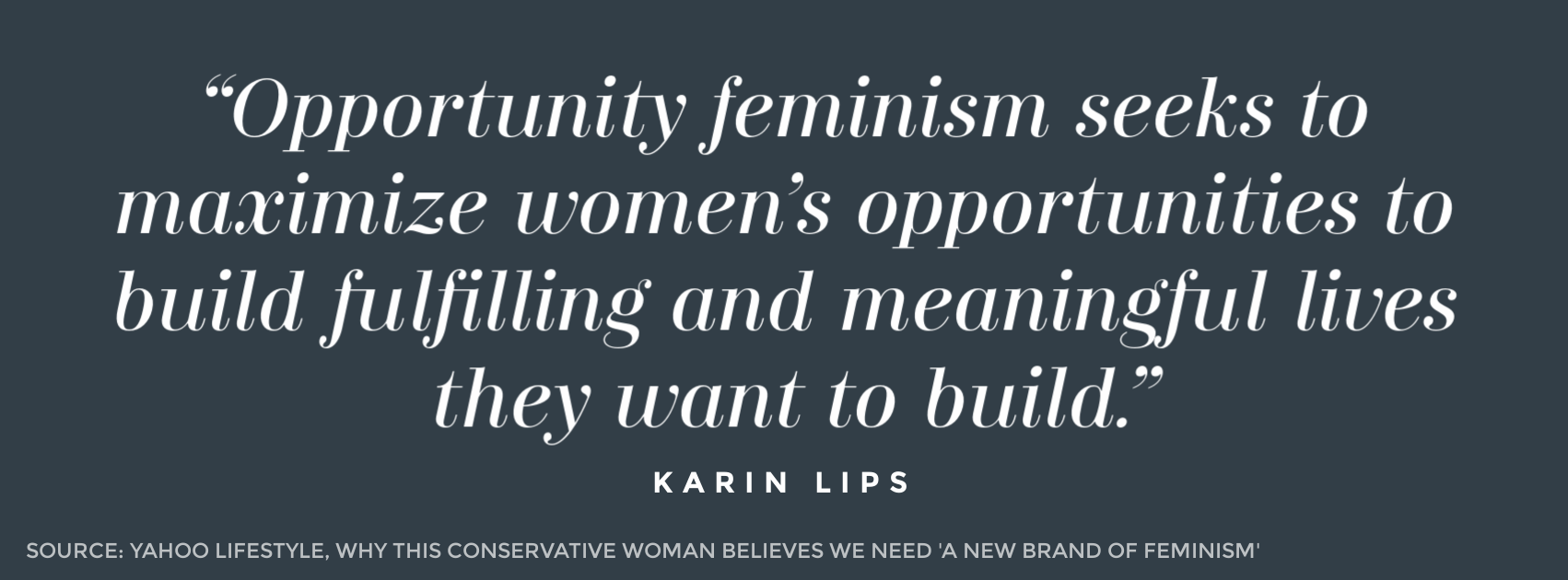Ms. Monopoly’s Feminism Isn’t Good for Anyone
This article originally appeared in Inside Sources.
Hasbro announced a new version of a classic board game, Ms. Monopoly. The game may be new, but it is peddling a tired old narrative that has been a feminist staple for years.
In Ms. Monopoly, players buy inventions by women (think chocolate chip cookies, bulletproof vests and solar heating) instead of properties. American women could get behind a game centered on women’s inventions and one that celebrates female entrepreneurs. It is inspiring to learn about innovators. But this is not all that is changed in the game.
Selling for five dollars more than Monopoly, this version seeks to instruct players about the so-called wage gap. To start the game, men get $1,500, while women get $1,900. That is supposedly to make up for the real world where women are routinely paid less than men. And Ms. Monopoly’s pay difference doesn’t end there. Each time a player passes go, women collect $240, while men only collect $200.
Someone should have warned Hasbro that it is perpetuating a flawed pay gap narrative, one that disempowers women. Equal pay for equal work is the law in America. The 1963 Equal Pay Act made sex-based discrimination in pay illegal, while Title VII of the Civil Rights Act of 1964 made workplace discrimination based on sex illegal.
Ms. Monopoly’s money differential is likely based on the U.S. Bureau of Labor Statistics data that measures median earnings of women and men in full-time wage and salary jobs, which is described in shorthand as the “wage gap.” In 2018, for example, women earned 81.1 percent of what men earned as full-time wage and salary workers. That statistic simply compares the overall earnings of women and men, not two people in the same job who work the same hours with the same responsibilities.
Different choices that men and women make, such as what industries they choose, type of education and hours worked, lead to different outcomes, including these differences in earnings. Among full-time workers, men worked 8.2 hours per day compared with 7.9 hours for women, according to the 2018 American Time Use Surveyby the U.S. Bureau of Labor Statistics. Is it really surprising, or unfair, that they earn more money for that extra time?
If Hasbro wanted to accurately imitate the labor market and pay, it would make the financial aspect of the game more reflective of choices. Those who picked college majors with more earning potential would earn more each time they passed go. And those who work longer hours, for example, would get more money.
Even worse than misusing data to drive a political point, Hasbro is promoting a message that women are somehow inferior to men when it comes to board games, so they need an unfair advantage.
After all, this game isn’t likely going to be routinely played by two working adults, but will often be a sister playing against her brother. Does Hasbro really want to send the message that the girl needs a leg up?
Feminism and the modern women’s movement should focus on ensuring equality for women. When you give women an extra $400 to start and extra $40 by passing go, it makes the game unfair. This is exactly what feminism was supposed to be against — having the deck stacked against one sex.
Women can compete on their own and do so. What modern feminism seems to be uncomfortable with is the fact that different choices lead to different results.
Feminism shouldn’t be about pushing women to make one set of desired choices, but about promoting equal opportunity for men and women to build the lives they want. In some aspects they may be similar, but different in others. Women, and men, having the chance to design their own lives to maximize happiness should be the top priority, not promoting misleading data to spread a false narrative and get women the upper hand.
I’ll stick with classic Monopoly.



